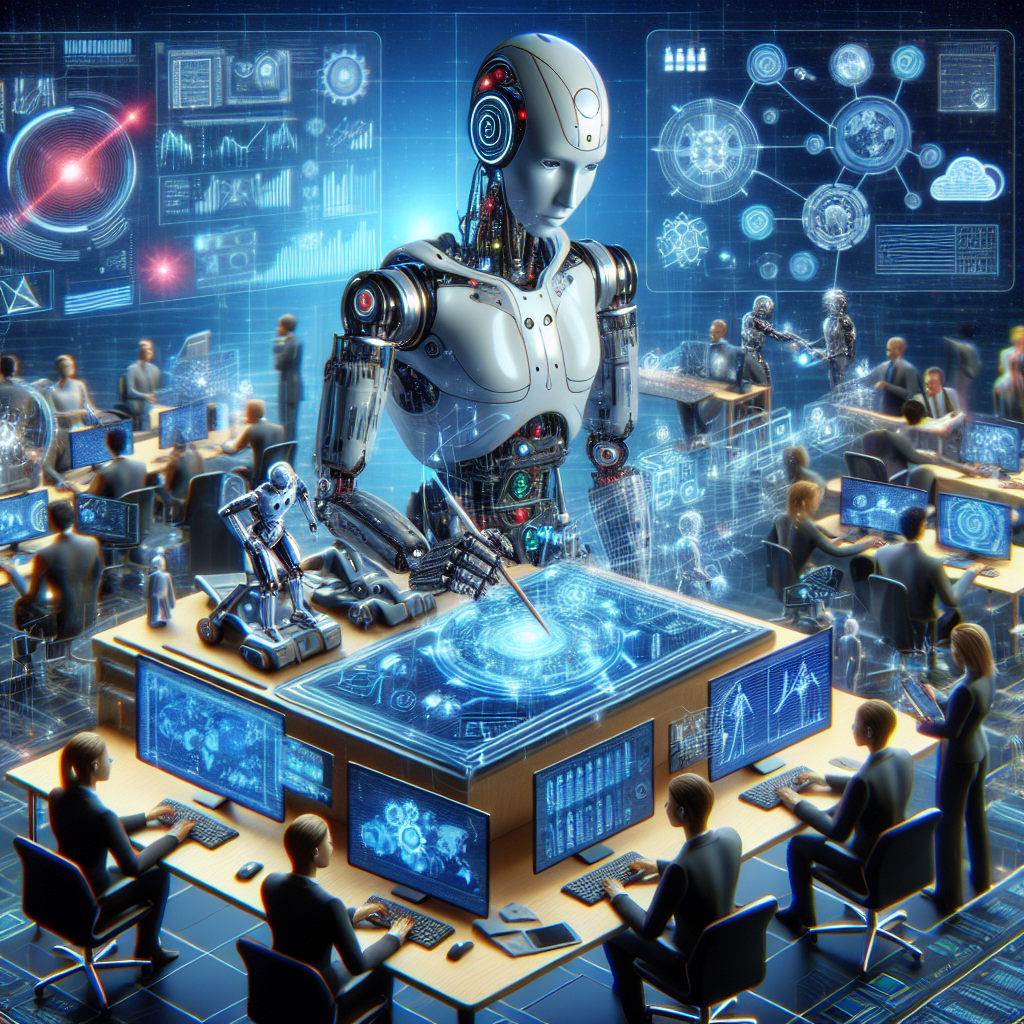

Accelerate Innovation with Advanced AI
Artificial Intelligence has emerged as a transformative force across industries, revolutionizing how businesses operate, innovate, and compete. Driven by advances in machine learning, neural networks, and data analytics, AI empowers organizations to analyze vast quantities of information, optimize processes, and deliver personalized experiences. From healthcare to finance and manufacturing, AI is redefining decision-making and operational efficiency. As companies embrace digital transformation, understanding the roles of AI becomes crucial to leveraging its full potential in creating competitive advantages.
AI systems are designed around a set of core capabilities and guiding principles that ensure reliability, fairness, and sustainability. Capabilities such as natural language processing, computer vision, and predictive analytics allow AI to interpret complex human language, recognize patterns, and forecast trends with remarkable accuracy. Meanwhile, ethical principles including transparency, accountability, and inclusiveness serve as the foundation of responsible AI development. The interplay between technical prowess and adherence to ethical standards distinguishes mature AI systems from experimental technologies.
The journey towards effective AI integration involves continuous learning and adaptation. Organizations aiming to harness AI must invest in robust data management, cultivate technical expertise, and foster a culture of innovation. This paradigm shift not only transforms business processes but also redefines the workforce, demanding new skills and mindsets. As AI continues to mature, its roles are expanding from simple automation to complex decision support systems, enabling businesses to predict market shifts, personalize customer interactions, and optimize resources. Embracing AI is no longer optional—it is a strategic imperative in today’s digital era.
Looking ahead, the future of AI is filled with promise and challenges alike. As industries broaden its applications into autonomous systems, smart infrastructure, and enhanced analytical tools, continuous innovation drives improvements in areas like cybersecurity, personalized medicine, and climate modeling. This forward-looking perspective highlights the adaptability of AI solutions and encourages ongoing research and investment to ensure the technology remains cutting edge while serving society responsibly.
Moreover, as AI continues to evolve, it also brings forth a paradigm shift in workforce development and organizational learning. Companies are now investing heavily in upskilling their teams to work effectively alongside AI tools. Emphasizing a balanced approach where technology complements human creativity ensures that growth is both robust and sustainable. This evolution not only enhances operational performance but also fosters an environment where continuous learning is highly valued.




